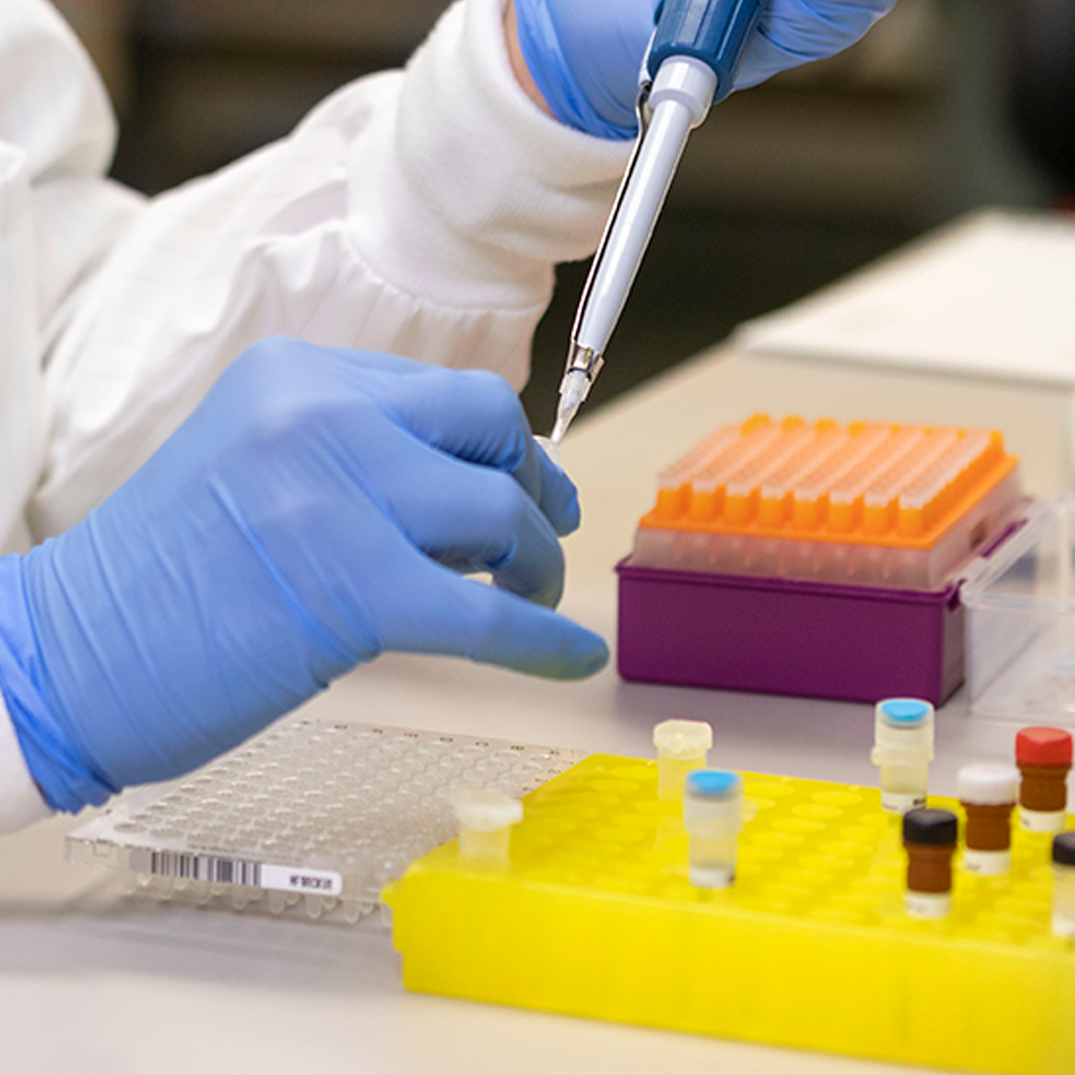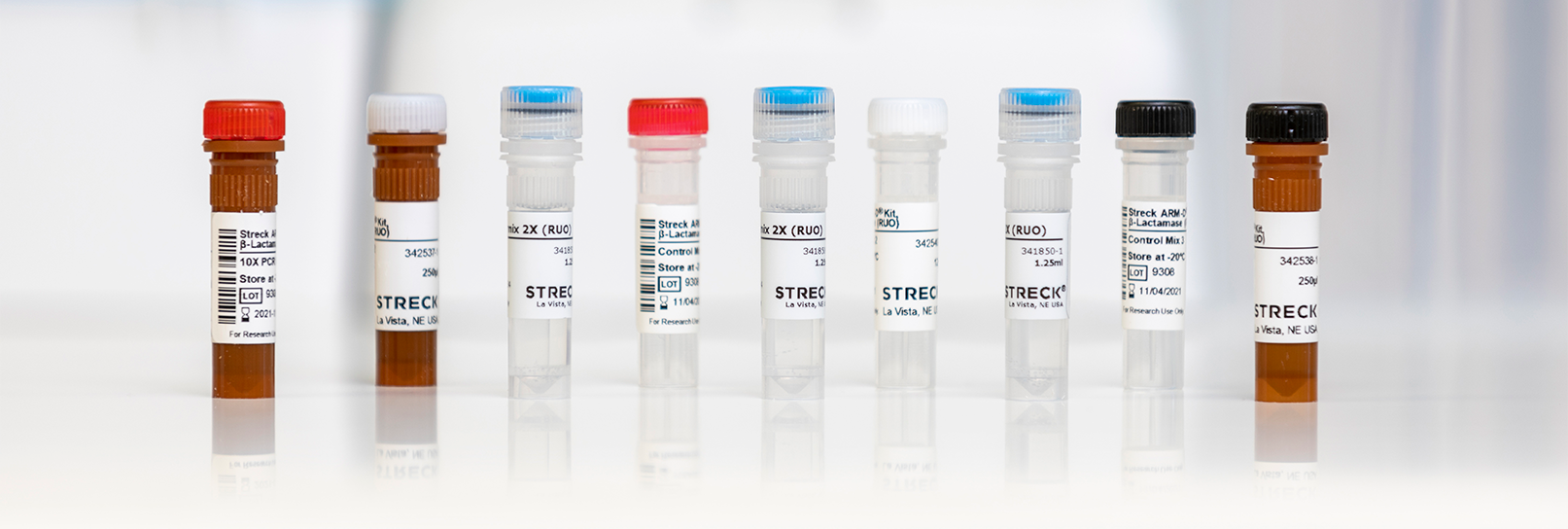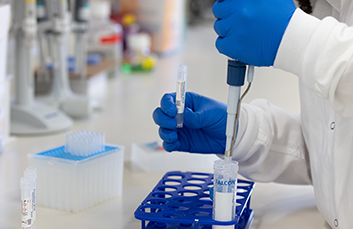Researchers deem Streck ARM-D Kit effective
Topics Featured
In work recently published in the Journal of Global Antimicrobial Resistance, a team of researchers shared the results of a years-long study of Streck’s ARM-D® Kit, β-Lactamase, at detecting various β-Lactam resistance gene families in Gram-negative bacteria. The research was done by the CDC’s National Center for Emerging Zoonotic and Infectious Disease and Osaka University School of Medicine’s Department of Infection Control and Prevention. Although antimicrobial resistance (AR) in Gram-negative bacteria has been known to be a clinically relevant and emerging threat for several decades, there have been few commercially available kits that detect these genes through molecular methods. To address this issue, Streck introduced the β-Lactamase kit in 2016, the same year that the Antimicrobial Resistance Laboratory Network (ARLN) of the U.S Centers for Disease Control and Prevention (CDC), was established to promote AR surveillance.
The ARM-D Kit, β-Lactamase, is a research use only (RUO) multiplex quantitative polymerase chain reaction (qPCR) assay that detects nine relevant groups of β-lactamase genes predominantly circulating among Gram-negative bacteria in the United States, including carbapenemases (KPC, NDM, VIM, IMP and OXA-48-like), extended spectrum β-lactamases (CTX−M-15 and CTX−M-14) and AmpCs (DHA, and CMY-2). Researchers evaluated the effectiveness of the ARM-D Kit, β-Lactamase, by comparing its ability to detect AR genes to that of the Whole Genome Sequencing (WGS) that had previously been used to classify 113 bacterial isolates from the CDC Antimicrobial Resistance Isolate Bank (AR Bank). The ARM-D Kit, β-Lactamase showed 100% sensitivity, 99.9% specificity and a positive and negative predictive value of 99.4% and 100%, respectively. These data suggest that the ARM-D Kit, β-Lactamase, has excellent performance characteristics and detects a relatively wide range of β-lactamase genes and variants among a diverse group of Gram-negative genera and species. Further research also found that the ARM-D Kit, β-Lactamase, is more cost effective than several other commercially available PCR kits and has a much lower upfront investment for laboratories that currently have a real-time thermocycler.

Read the full article: “Performance evaluation of the Streck ARM-D® Kit, β-Lactamase for molecular detection of acquired β-lactamase genes”
Taken together, this work demonstrated that the ARM-D Kit, β-Lactamase, is a suitable and comprehensive tool for detection of key β-lactamase resistance genes of public health concern, such as KPC, NDM, VIM, IMP and OXA-48-like.
Our comprehensive line of ARM-D® Kits test for the presence of genes encoding carbapenemases, extended-spectrum β-lactamases, plasmid-mediated ampC and other emerging threats. This includes the Streck ARM-D Kit, OXA, which was recently expanded to include three more resistance gene families (that’s 36 new allelic variants!) to give you the capacity to test for a wider spectrum of AR genes of interest.



AMR in Agriculture

